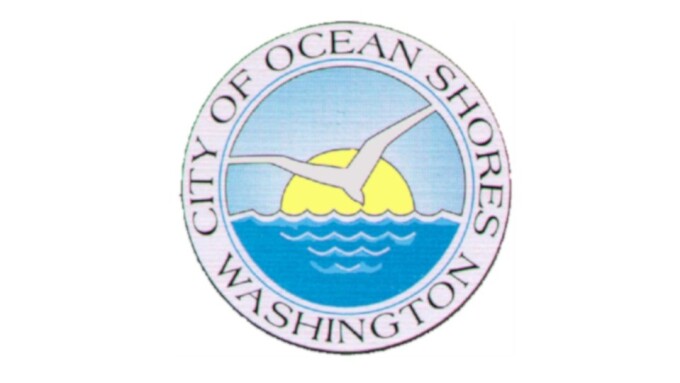OCEAN SHORES, Wash. — The coastal Washington State town of Ocean Shores has voted in favor of restrictions that could affect any adult businesses planning to operate within the city’s limits.
According to today’s report from the North Coast News, the city has amended its municipal code to include a chapter that outlines licensing rules and procedures for prospective adult entertainment businesses.
However, as City Council member Steve Ensley told North Coast News, “we are legislating for a problem that does not exist. It’s not a current problem, so we are actually legislating for an imaginary problem, and I find that to be not a very good use of our time and effort.”
The new chapter is comprised of three ordinances — the first being a set of requirements a business must meet in order to obtain a license; the second defining “adult businesses” and inappropriate contact, actions or activities; and the third outlining zoning restrictions and requirements should any business attempt to operate in the city.
The move to amend their municipal code was made after rumors of a new bikini bar coming to town surfaced. The rumors proved to be unfounded but the damage was done. Much of the reporting surrounding Ocean Shores implies that the city doesn’t currently have any adult businesses, bikini coffee bars included.
It seems the general fear of lewd and lascivious activity creeping into the community in the form of scantily clad baristas took hold and the community fired back with preventative moral measures.
The news comes after a similar case in Everett, Washington, which saw “bikini baristas” arguing with city reps in court over the definition of an anal cleft. In the case of Everett, the city attempted to impose two ordinances directed at the bikini baristas, mandating that they cover their breasts, shoulders, midriffs and bottoms. The city claimed that these ordinances were designed to discourage lewd behavior and illicit activity but a federal judge issued a temporary injunction barring the city from enforcing said ordinances.
As reported by the Seattle Times, U.S. District Judge Marsha Pechman came down on two issues in the Everett case that should be considered in Ocean Shores — that an ordinance which seeks to mandate a dress code is a likely a violation of the 14th Amendment’s guarantee to equal protection as it largely targets women and also a clear violation of the First Amendment’s freedom of expression clause.
According to the Ocean Shore City Council, “The City finds that adult entertainment has historically led to an increase in prostitution, sexually transmitted disease, drug and alcohol offenses and other criminal activity; and adult entertainment uses sometimes are fronts for or operated by persons associated with organized criminal activities.”
The obvious denotation to be made here is the erroneous conflation of bikini baristas and strippers and/or sex workers. As per the Everett case, there was suspicion surrounding the specific nature of the work of the bikini baristas. It was suggested that because they work for tips, it could easily veer into strip-joint territory and become a breeding ground for all kinds of lascivious activity.
The bikini baristas fighting the ordinance assured that they were simply expressing themselves freely through dress (or lack thereof) and nothing more. As Ocean Shore resident, Alex Suarez put it, “This [ordinance] protects Ocean Shores and I urge you to continue protecting it.” Who knew a beach town needed protection from girls in bikinis?
The heart of this issue couldn’t be better summed up than by City Council member Bob Peterson’s statement that this ordinance, “achieves what some of us want with regard to making it a very difficult venture to bring a business like this into town.”
What this means is that Ocean Shores has effectively shuttered itself to adult businesses — for the time being. As City Attorney Brent Dille aptly pointed out, “The concern with these adult entertainment ordinances, obviously, is the First Amendment and freedom of speech.”
Although the city’s new code will not directly affect any existing businesses, if anything can be learned from Everett it's that it's only a matter of time.







